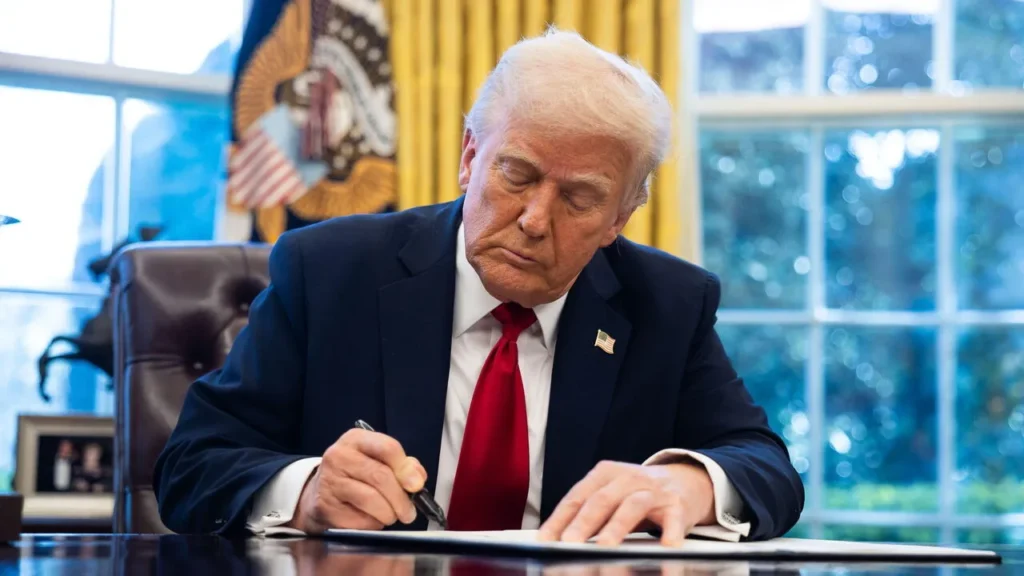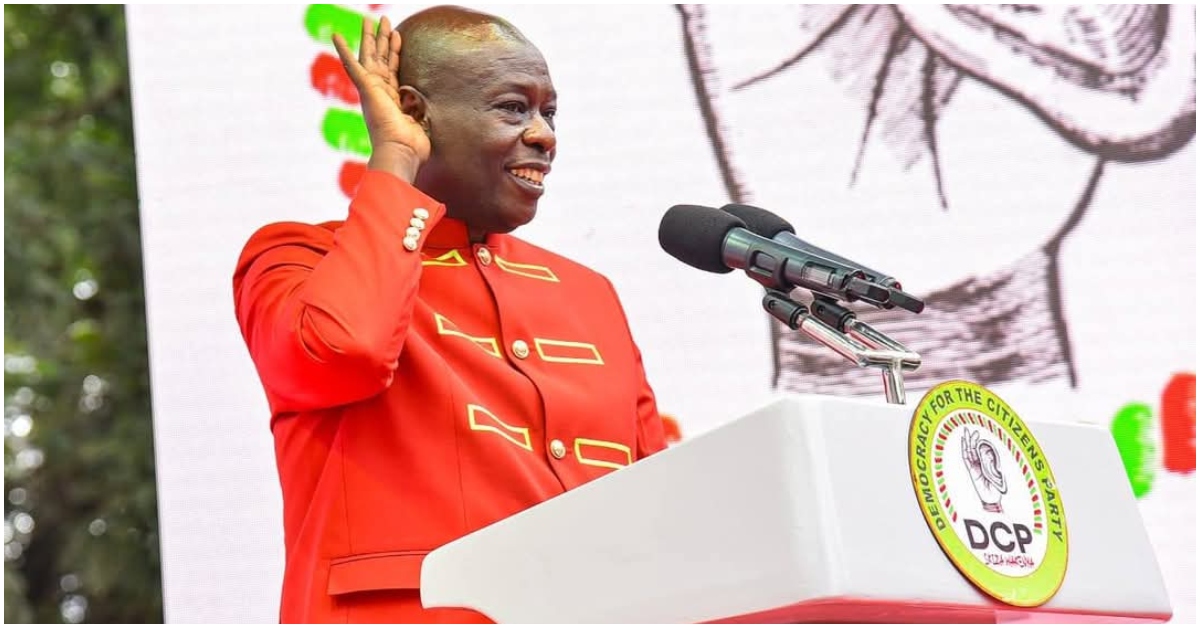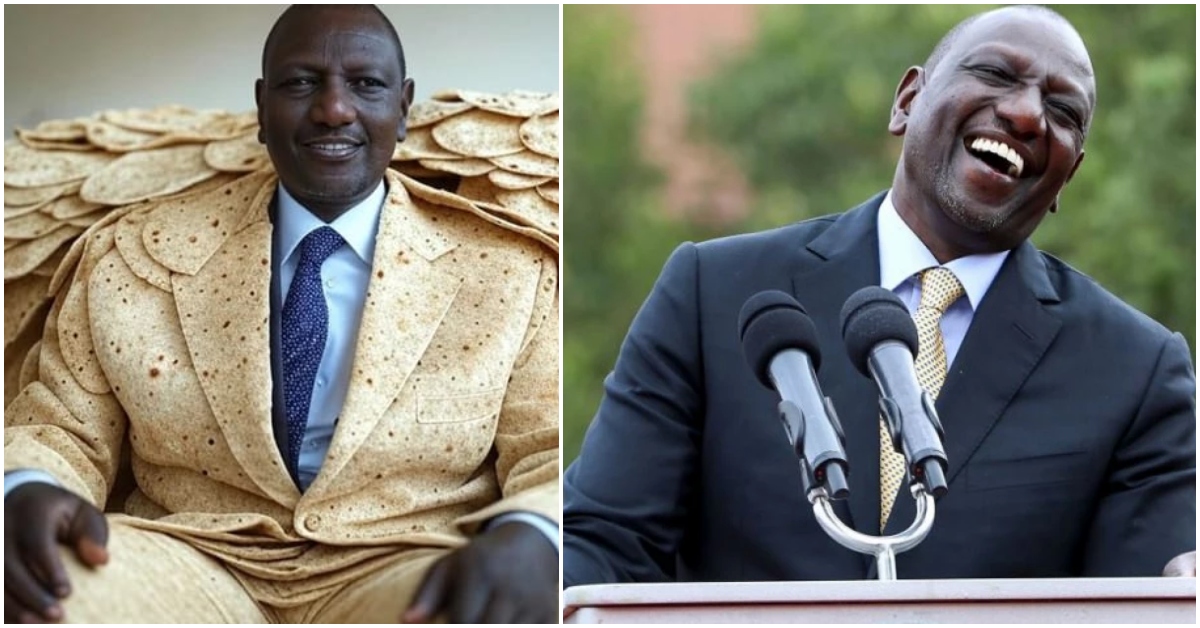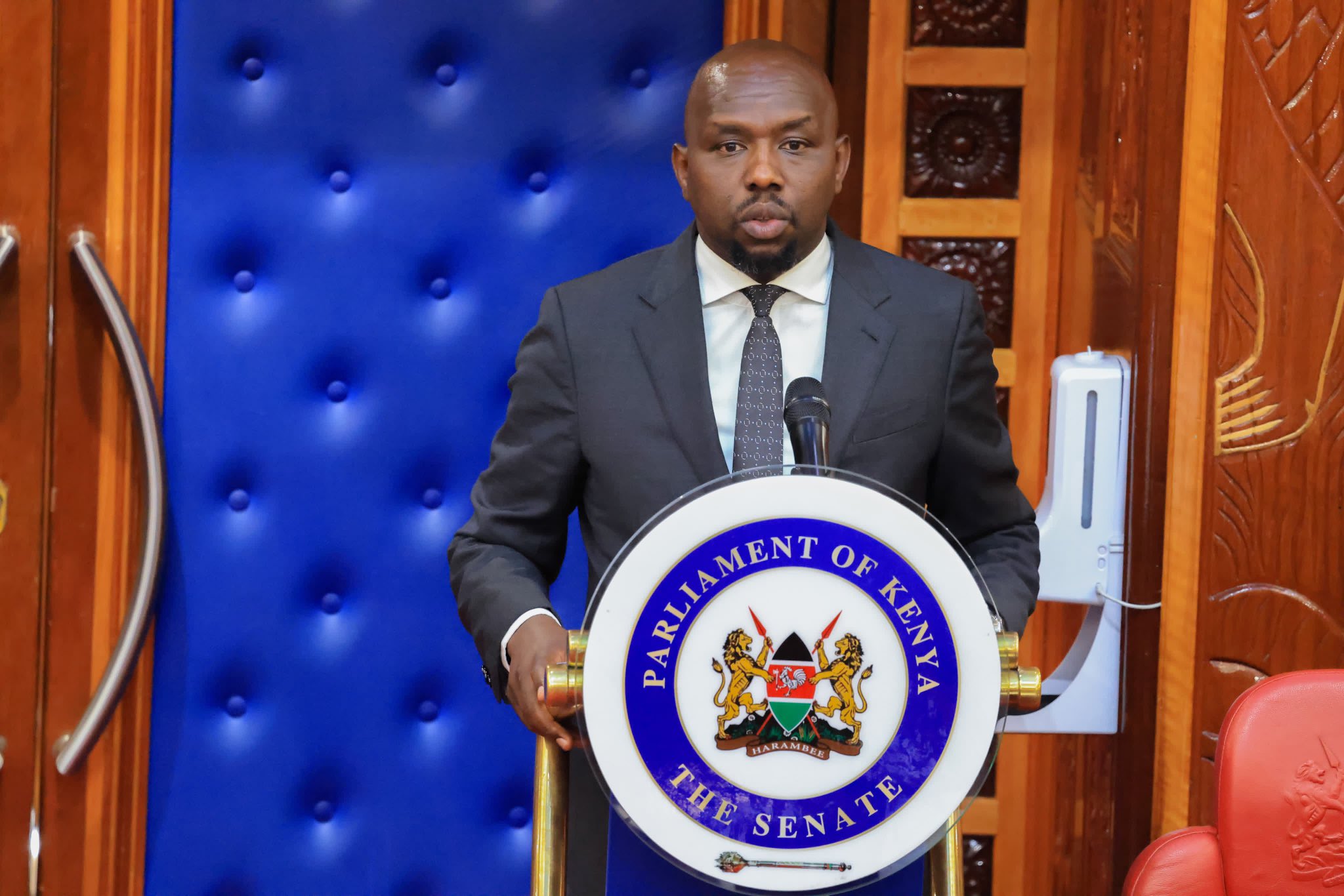In a deeply polarizing move, United States President Donald Trump has signed a new travel ban that targets nationals from several countries-strikingly, ten of them are in Africa. The decision, taking effect from June 9, 2025, has ignited strong and emotional responses across the African continent and beyond.
The full weight of the travel ban now falls on 12 countries: Afghanistan, Myanmar, Chad, Congo-Brazzaville, Equatorial Guinea, Eritrea, Haiti, Iran, Libya, Somalia, Sudan, and Yemen. Citizens from these nations are now barred from entering the United States.
On top of that, seven more countries, Burundi, Cuba, Laos, Sierra Leone, Togo, Turkmenistan, and Venezuela, face significant, though partial, restrictions.
President Trump defended his decision as a matter of national security and immigration control. In a video shared on his platform, Truth Social, he declared:
“We cannot have open migration from any country where we cannot safely and reliably vet and screen those who seek to enter the United States.”
He further claimed that some nations had taken advantage of the U.S. visa system, citing high rates of visa overstays and refusal to accept deported nationals.
The proclamation promises a review of the banned list in three months, with updates every six months thereafter, an ominous signal for many more nations potentially on edge.
But for millions across the globe, particularly in Africa, this isn’t just a policy, it’s personal. It’s about families divided, students whose futures now hang in limbo, and workers whose dreams have been abruptly suspended.
The backlash has been swift and emotional. Chad, one of the nations now banned, responded with bold defiance. Its President, Mahamat Déby, issued a countermeasure suspending visas for U.S. citizens.
“Chad has no planes to offer, no billions of dollars to give, but Chad has its dignity and pride,” he declared—his words echoing the pain and resolve of a nation feeling unjustly cast aside.

Somalia, despite being targeted, extended an olive branch. Its ambassador to the U.S., Dahir Hassan Abdi, responded with grace and diplomacy:
“Somalia values its longstanding relationship with the United States,” he said, expressing hope for collaborative solutions to mutual security concerns.
The African Union, representing the continent’s collective voice, called for a path of dialogue rather than division. In a firm but hopeful statement, the Union urged the United States to uphold its commitment to global cooperation while safeguarding its borders.
It voiced deep concern about the far-reaching and potentially damaging effects this ban could have—not just politically, but on countless lives.
The nations singled out by the full ban each face distinct allegations. Afghanistan and Iran are accused of harboring terrorism and resisting security cooperation.

Somalia and Libya are described by the U.S. as “terrorist safe havens.” Haiti is said to fuel criminal migration networks. Chad, Equatorial Guinea, and Congo-Brazzaville are chiefly criticized for their visa overstay rates.
Among those facing partial restrictions, Venezuela has voiced strong opposition. Its Interior Minister, Diosdado Cabello, called the policy a dangerous sign of rising global arrogance:
“Being in the United States is a big risk,” he warned, accusing the U.S. of behaving like “supremacists who think they own the world.”
The U.S. also pointed fingers at Cuba, alleging ties to terrorism and non-cooperation with deportation efforts. Similar issues were raised against Togo, Laos, and Sierra Leone, mostly around immigration compliance.
Though not unprecedented, President Trump has enacted travel bans before this latest directive casts the widest net over African nations to date.
It has sparked deep concern that U.S.-Africa relations could suffer irreparable harm, and that thousands of families and professionals may be unfairly swept into a geopolitical storm.



